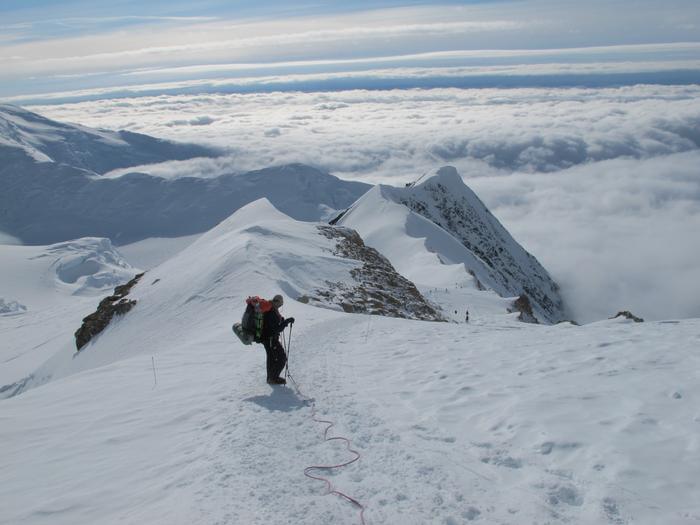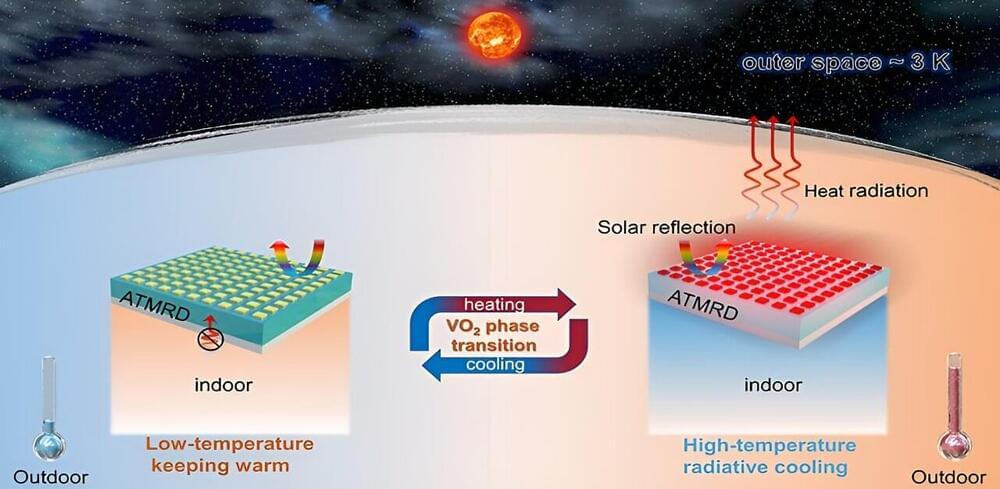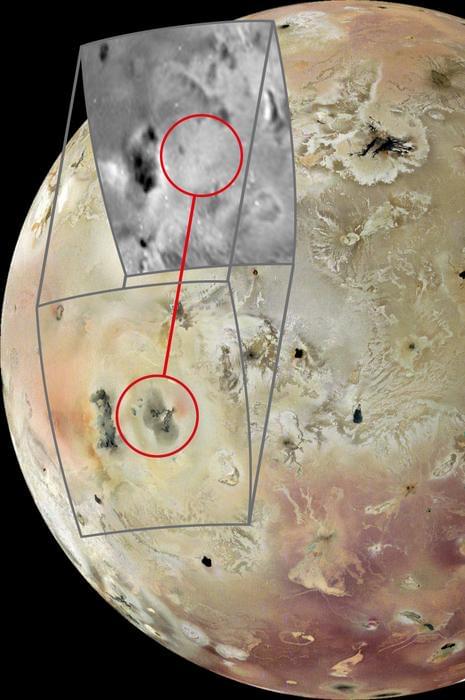How can electronic waste, also known as e-waste, be recycled without resulting in negative environmental impacts that are often produced with traditional e-waste recycling methods? This is what a recent study published in Nature Chemical Engineering hopes to address as a team of researchers from Rice University investigated a novel approach for improving e-waste recycling while mitigating the negative impacts on the environment. This study holds the potential to help researchers, climate conservationists, and the public better understand how they can contribute to a cleaner environment through recycling.
“Our process offers significant reductions in operational costs and greenhouse gas emissions, making it a pivotal advancement in sustainable recycling,” said Dr. James Tour, who is a T.T. and W.F. Chao Professor of Chemistry at Rice University and a co-author on the study.
For the study, the team built upon past research conducted by Dr. Toru involving flash joule heating (FJH), which uses electric currents to break down metals into other materials. Using FJH for e-waste, the researchers successfully removed precious metals, including tantalum, indium, and gallium, which have commercial uses in capacitors, LCD displays, and semiconductors, respectively. Additionally, this new method was found to provide increased efficiency for metal purity and number of metals, also called yield, at 95 percent and 85 percent, respectively, along with significantly reducing environmental harm since this method does not require acids or water for its reaction.







